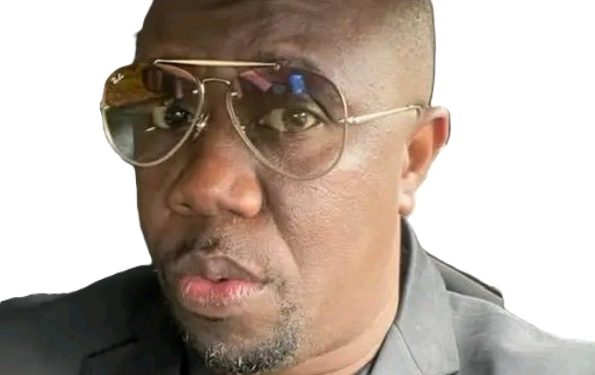By Albert David
A recent Facebook post issued not by a fringe commentator, but by the Director of Communications in the Office of the President, is one that would be laughable if it weren’t so devastatingly revealing. What should have been a moment of sober reflection on civic engagement has instead become a glaring indictment of the very culture of governance it represents.
This was not a personal outburst. It was a public declaration of intent to suppress dissent, intimidate critics, and shrink the space for ethical advocacy. Threatening to block civic voices, journalists, and advocates for transparency is not communication, it is censorship. It is a betrayal of the democratic principles that the presidency is constitutionally mandated to uphold.
Let us be clear: the role of a Director of Communications is not ceremonial. It is ethical, professional, and intellectual. It demands a commitment to truth, a respect for public discourse, and a maturity that transcends personal ego.
A Director of Communications must:
- Facilitate public discourse, not suppress it.
- Respond to criticism with facts, not threats.
- Uphold transparency, not hide behind digital tantrums.
- Respect civic engagement, not ridicule it.
- Model professionalism, not pettiness.
- Represent the presidency with dignity, not deflection.
The Facebook post in question is:
(a) Disturbing: It signals a readiness to silence rather than engage.
(b) Unprofessional: It lacks the decorum expected of someone in such a high office.
(c) Undemocratic: It undermines the right to free expression and civic participation.
(d) Intellectually bankrupt: It avoids substance and resorts to digital bullying.
(e) Morally hollow: It reflects a leadership style devoid of ethical grounding.
(F) Journalistically offensive: It insults the very principles of truth-seeking and accountability.
This is precisely why respected voices like Basita Michael have described the leadership surrounding President Bio as a “climate of sycophants.” When national communicators resort to threatening to blocking voices instead of engaging them, the rot is no longer hidden, it is institutionalized.
Let this serve as a professional reminder:
Leadership is not about control. It is about accountability.
Communication, at its highest level, is not about silencing critics. It is about confronting truth.
I will not be silenced. I will not be intimidated for demanding ethical, transparent, and professional governance. If your office cannot withstand scrutiny, then it is not fit to serve a democratic republic.
The people deserve better. The constitution demands better. And history will remember who stood for truth and who tried to block it.











